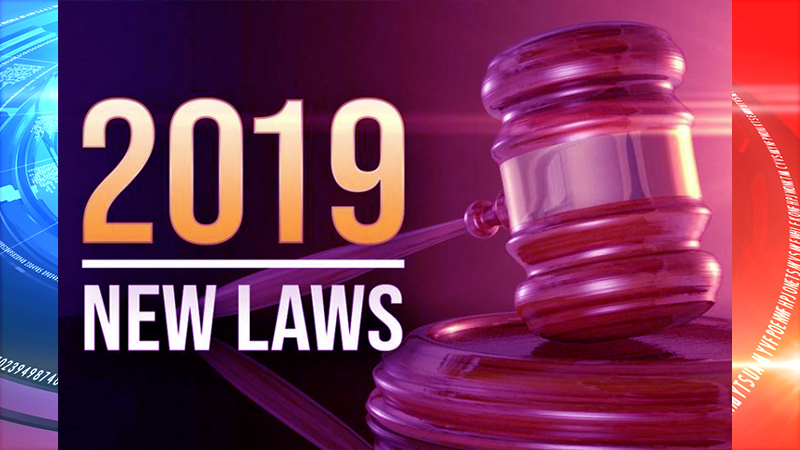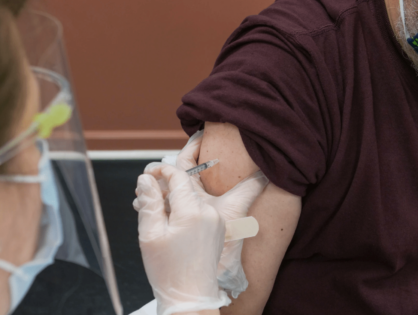PORTLAND, OR – Bambi better watch out. Starting New Year’s Day, Oregonians will be able to salvage deer and elk that they strike and kill while driving. Before you get any ideas, the law makes it clear that this applies only to “deer or elk that have been accidentally killed as a result of a vehicle collision.”
So, no driving the roads, shopping for dinner.
The law sets out several rules that people must abide by if they end up with roadkill.
First and foremost, not all deer is fair game.
White-tailed deer are a protected species in most of western Oregon. East of the Cascades and in Douglas County, if you accidentally run into a white-tailed deer, you may salvage it.
Beyond that, the state says the following also apply:
- Only deer and elk accidentally struck by a vehicle may be salvaged; white-tailed deer can only be salvaged from Douglas County and east of the crest of the Cascade Mountains because of the protected status for white-tailed deer in most of western Oregon.
The entire carcass of the animal including gut piles must be removed from the road and road right of way during the salvage.
Deer and elk accidentally struck by a vehicle may be salvaged for human consumption only. Intentionally hitting a deer or elk in order to salvage it remains unlawful. - Only the driver of the vehicle that struck the animal may salvage an animal in cases where a deer or elk is struck, injured and then humanely dispatched to alleviate suffering; law enforcement must also be immediately notified as required by Oregon Revised Statute 498.016.
- Antlers and head of all salvaged animals will need to be surrendered to an ODFW office within 5 business days of taking possession of the carcass; see location list below and call ahead to schedule appointment (Tissue samples from the head will be tested as part of the state’s surveillance program for Wasting Disease). Other animal parts, such as the hide, may be kept by the permit.
- Any person who salvages a deer or elk will consume the meat at their own risk. ODFW/OSP will not perform game meat inspections for any deer or elk salvaged under these rules.
- The state of Oregon is also not liable for any loss or damage arising from the recovery, possession, use, transport or consumption of
- deer or elk salvaged.
Sale of any part of the salvaged animal is prohibited, but transfer to another person will be allowed with a written record similar to transferring game meat.
The legislature also passed several other laws that go into effect as of Jan 1.
In 2017, they passed the Oregon Equal Pay Act, which guarantees that people get equal pay regardless of age, disability, heritage, race, color, sexual orientation, whether or not they are a veteran, and marital status.
The state gave employers one year before the bill would go into effect to figure out whether they have disparities and, if they do, to fix them.
Whistleblowers at the state’s Health Authority, Department of Transportation, Department of Environmental Quality, and the Department of Human Services will be granted additional protections.
Legislators passed a law that will make it easier for people to sue their bosses if they don’t comply with the state’s Fair Work Week Act, which requires employers to do things like make sure workers get a good faith estimate of how many hours they will get and make sure workers get schedules at least a week in advance.
Lastly, commercial truck drivers will be paying more to take the tests that they need to work. In some cases – such as the school bus endorsement skills test – will not cost $70 as opposed to the $0 that had previously been charged. Other fees will be hiked.




